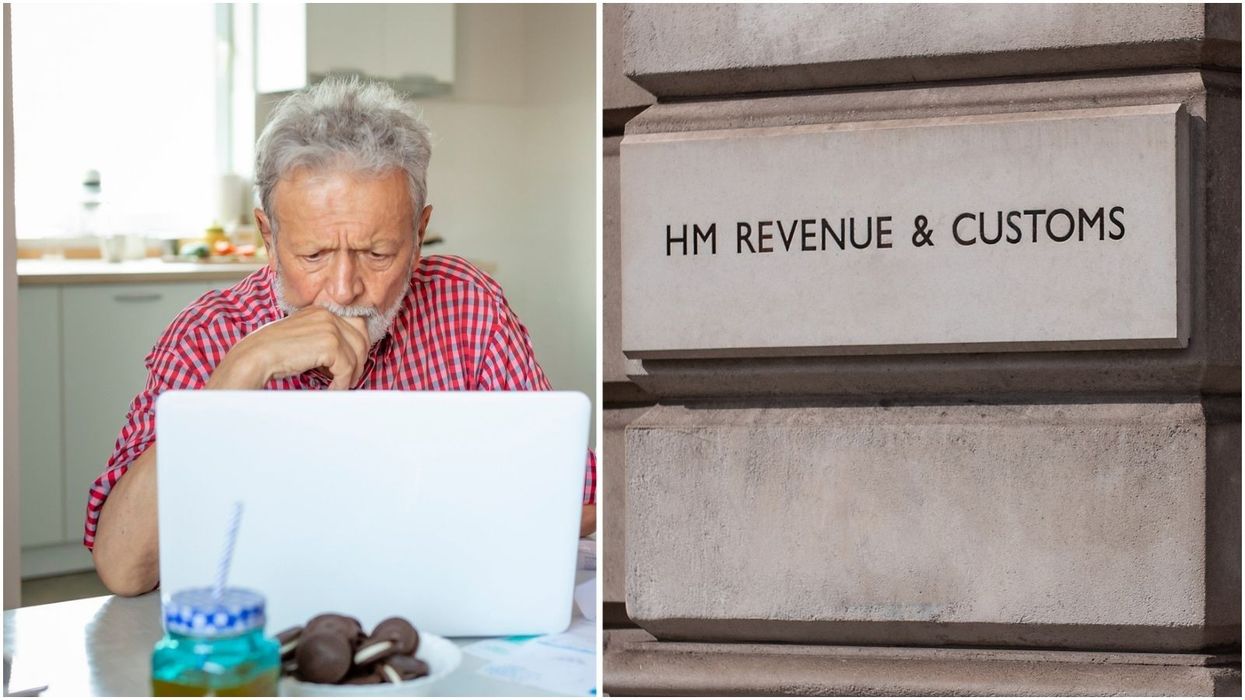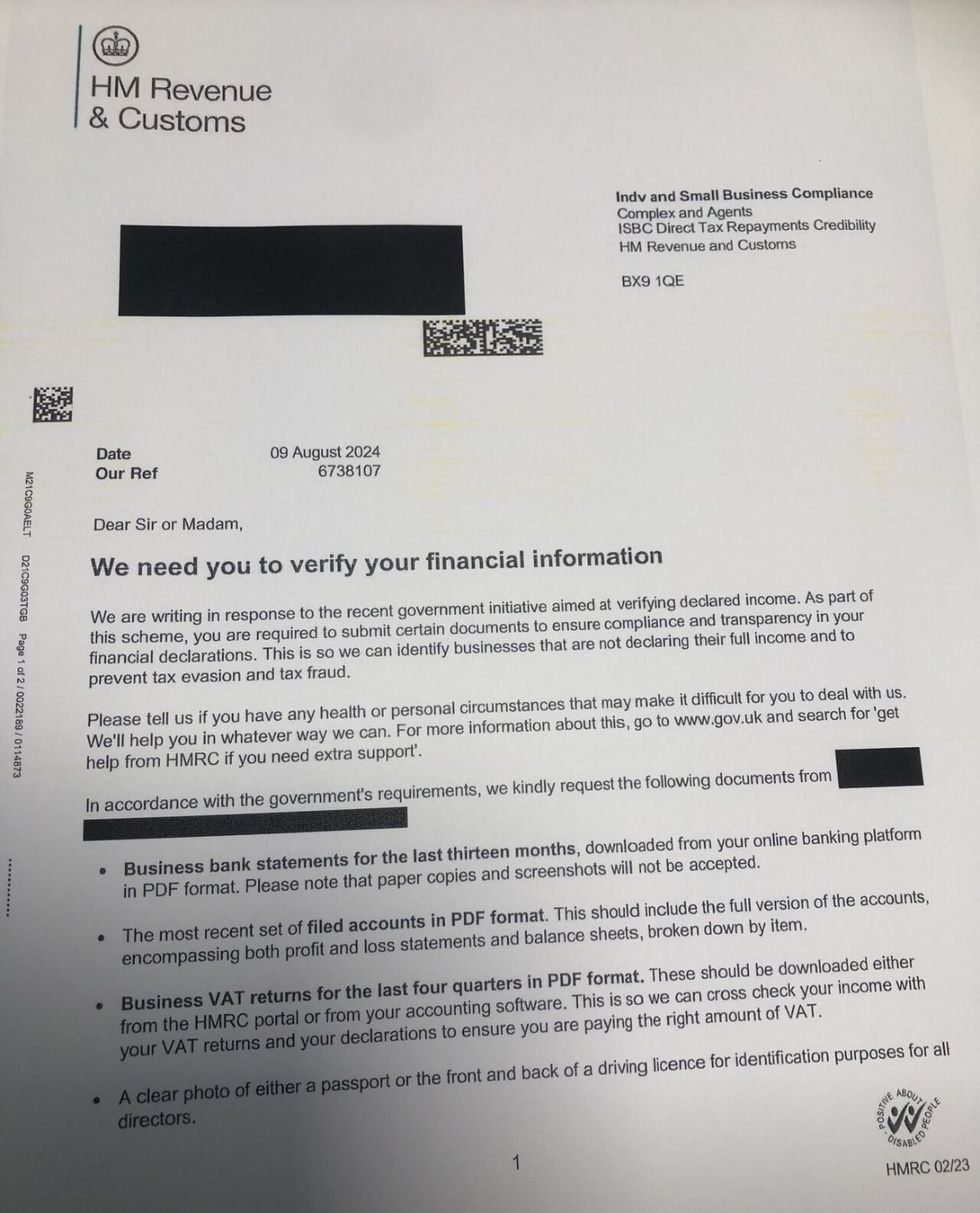HMRC issues urgent warning as scam sees Britons tricked into handing over financial details

Britons are being tricked into handing over their financial information online
| GETTY
Britons are being tricked into handing over their financial information online
Don't Miss
Most Read
HM Revenue and Customs (HMRC) have issued an urgent scam warning after customers are receiving fake HMRC letters.
The new scam letters are asking individuals to "verify" their "financial information" via email.
Britons are urged not to give out any financial information online such as bank details or passwords.
On X (formally known as twitter), HMRC warned : "SCAM ALERT!
"We're aware of a new scam letter, asking customers to "verify" their "financial information" via email. You can check if a letter you’ve received from HMRC is genuine and report to us".
The letter, posted by an X user, shows a false HMRC letter which is asking users to verify their financial details.

The new scam letters are asking individuals to "verify" their "financial information" via email
|X
The user wrote: "Woooah… this is a very smart/evil scam. The web savvy will immediately spot the dodgy email address, but I bet plenty won’t."
The letter reads: "We are writing in response to the recent government initiative aimed at verifying declared income. As part of this scheme, you are required to submit certain documents to ensure compliance and transparency in your financial declarations.
"This is so we can identify businesses that are not declaring their full income and to prevent tax evasion and tax fraud. Please tell us if you have any health or personal circumstances that may make it difficult for you to deal with us.
"We'll help you in whatever way we can. For more information about this, go to https://www.gov.uk and search for 'get help from HMRC if you need extra support'."
The letter asks individuals to send the following documents:
- Business bank statements for the last thirteen months, downloaded from your online banking platform in PDF format. Please note that paper copies and screenshots will not be accepted.
- The most recent set of filed accounts in PDF format. This should include the full version of the accounts, encompassing both profit and loss statements and balance sheets, broken down by item.
- Business VAT returns for the last four quarters in PDF format. These should be downloaded either from the HMRC portal or from your accounting software. This is so we can cross check your income with your VAT returns and your declarations to ensure you are paying the right amount of VAT.
- A clear photo of either a passport or the front and back of a driving licence for identification purposes for all.
Britons are urged to remain vigilant as the scammers have used the HMRC logo, as well as QR code, however people can check genuine HMRC contacts on GOV.UK.
HMRC has stated they will never send an email, text message, message in an application (for example WhatsApp) or a phone call from which asks individuals to:
- tell them about a tax rebate or penalty
- give up their personal or payment information
If people believe they have been sent a scam email, they can forward it to phishing@hmrc.gov.uk. For dodgy text messages, people can forward them to 60599.
After reporting the scam email, HMRC says Britons should never engage and should delete it.
Sajid Ghufoor, head of Azets Tax Investigation said: "The scammers went out of their way to use a genuine HMRC team details and this could trick people into thinking it's really from HMRC.
"The situation is not helped as nudge letters, campaign letters and non-standard enquiry letters are devoid of any contact details for a HMRC officer including their email address.
"The amount of information the scammers potentially could have received would have allowed them to steal their identity and commit fraudulent activities.
"If we are to avoid this potentially destructive situation it is incumbent on HMRC to better design their letters to be 'scammer proof' given that it seems to prefer this approach to standard Compliance Enquiries."
These scam letters are growing with over 700 reports to Action Fraud over the last two weeks.










